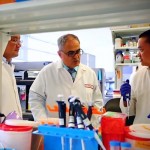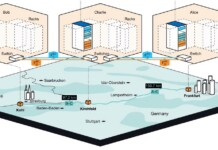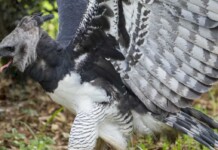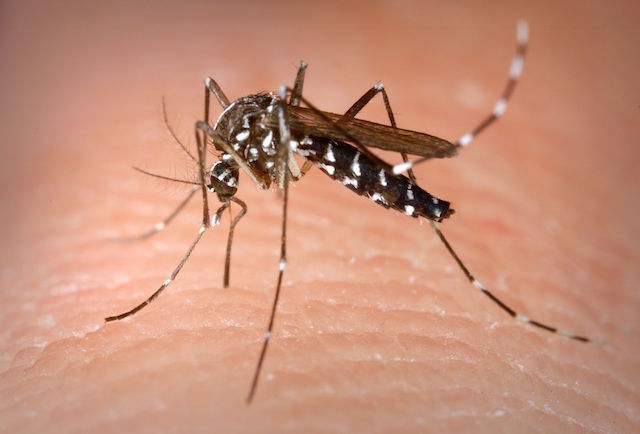The world’s first malaria vaccine has been given approval by a European medical agency for future use in sub-Saharan Africa, where more than a quarter million children under the age of five die every year from the disease.
European regulators examined phase III clinical trial results involving more than 16,000 young children conducted by research centers in eight African countries (Burkina Faso, Gabon, Ghana, Kenya, Malawi, Mozambique, Nigeria, and Tanzania).
RTS,S triggers the body’s immune system to defend against the Plasmodium falciparum malaria parasite when it first enters the human host’s bloodstream or liver.
“It’s absolutely an astonishing day,” GlaxoSmithKline’s Vice President for Africa told CNN. “It is the first time anyone ever has been able to make a vaccine against a parasite.”
Scientists ‘Delete’ HIV Virus From Human DNA for the First Time
Perhaps most impressive, GlaxoSmithKline, the pharmaceutical company that worked on this vaccine for 30 years, and received $200 million from the Gates Foundation, is making RTS,S available as a nonprofit drug. It will be offered at a low cost to cover manufacturing costs plus a 5% markup, with all that money going back into further research for a malaria vaccine that could be even more effective. The pharmaceutical company has invested more than $365 million to date and expects to invest a further $200 to $250 million until the vaccine is ready for market.
RTS,S, also known as Mosquirix, was administered to children aged 6 weeks to 17 months in three doses. Over the first 18 months following three doses of RTS,S, malaria cases were reduced by almost half in children aged 5-17 months at the time of first vaccination and by 27% in infants aged 6-12 weeks. At study end, over four years of follow-up in children RTS,S reduced malaria cases by 39%, and by 27% over three years of follow-up in infants. In areas of the highest malaria burden, more than 6,000 clinical malaria cases were prevented over the study period for every 1,000 children vaccinated.




















